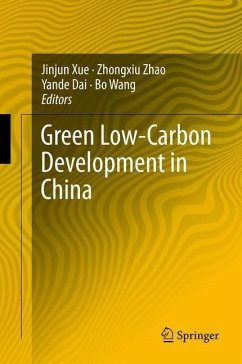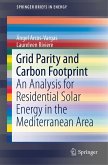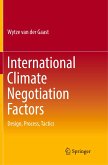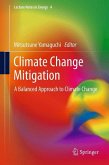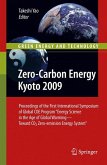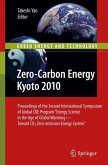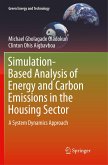The book provides an in depth analyses of the experience and lessons in Chinese energy and emissions reductions policies in a climate change constrained scenario. As China emerges as the world second largest economy and first largest carbon emitter, the country is moving onto a low-carbon development path.
Projections of medium and long term energy supply and demand scenarios are presented, based on variations on the energy supply structure, key energy consumption sectors and energy conservation policy innovation. Energy efficiency policies are evaluated based on lessons and experiences from case studies in different sectors, and policy innovations in terms of financial, legal and regulatory approaches to improve energy efficiency and reduce carbon emissions are proposed.
The book includes the latest research findings of leading experts in energy policy and low-carbon economy from researchers, key think tanks and government officials in both China and the world.
Projections of medium and long term energy supply and demand scenarios are presented, based on variations on the energy supply structure, key energy consumption sectors and energy conservation policy innovation. Energy efficiency policies are evaluated based on lessons and experiences from case studies in different sectors, and policy innovations in terms of financial, legal and regulatory approaches to improve energy efficiency and reduce carbon emissions are proposed.
The book includes the latest research findings of leading experts in energy policy and low-carbon economy from researchers, key think tanks and government officials in both China and the world.

